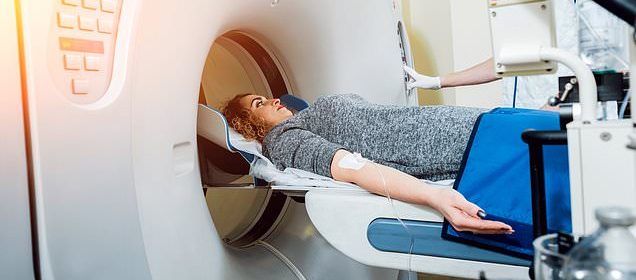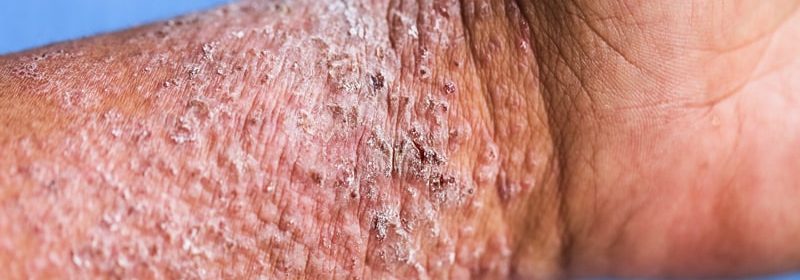Diabetes Drug Ozempic Back in Supply in US After Shortage

(Reuters) – Novo Nordisk’s best-selling diabetes treatment drug Ozempic is back on the shelves in the United States after months of shortage, the U.S. Food and Drug Administration (FDA) website showed on Friday. The main active ingredient in Ozempic is semaglutide, also the key ingredient in Novo’s obesity drug Wegovy, which has been seeing supply shortage due to high demand. […]
Continue reading »







